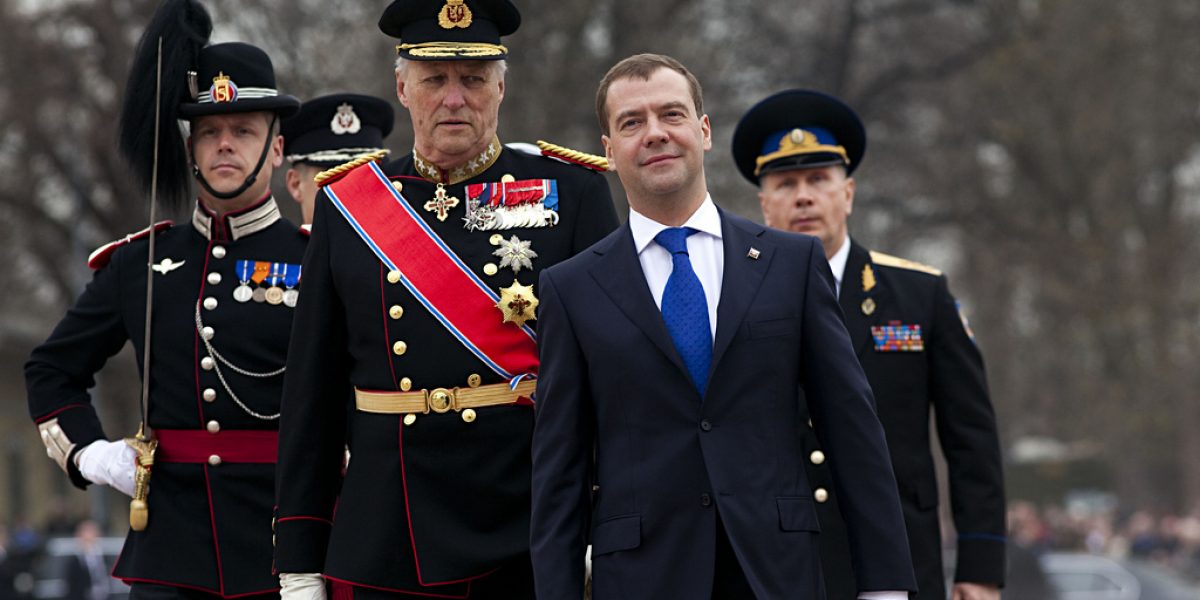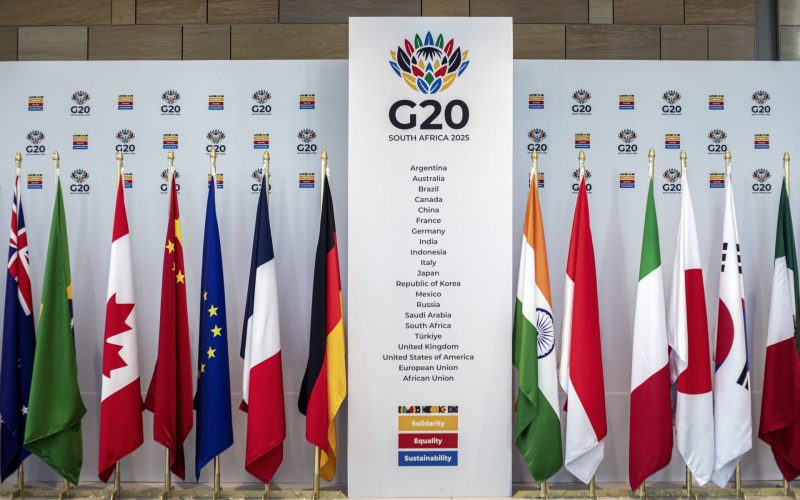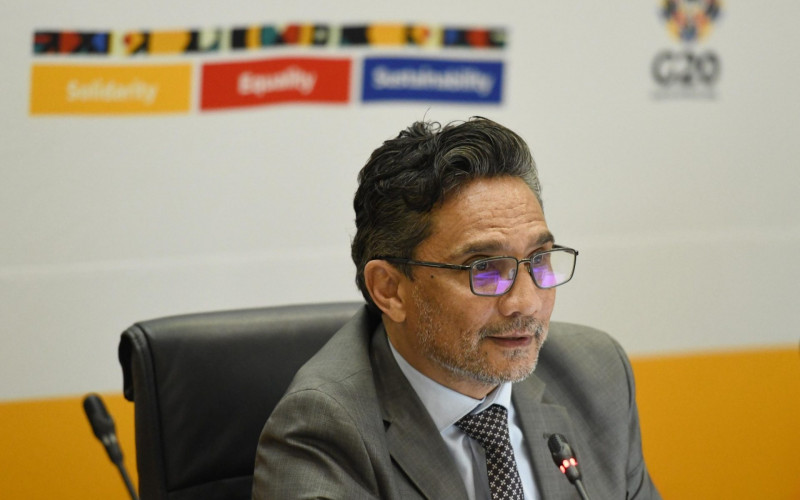This objective is informed by the nationalistic view of its contemporary history initiated by Vladimir Putin, and holds that a unipolar world should no longer be dominated by a single hyper-power, the United States. This was seen most clearly when on 15 and 16 June Russian President Dmitry Medvedev hosted parallel summits of the BRIC countries (Brazil, Russia, India and China) and the Shanghai Co-operation Organisation in Yekaterinburg in the Russian Urals.
The Shanghai Cooperation Organisation includes all the countries of the former Soviet Union that border China – Russia, Kazakhstan, Kyrgyzstan and Tajikistan, plus Uzbekistan. Observer countries are India, Pakistan, Iran and Mongolia.
Attending the two meetings therefore were a significant number of the leaders of the developing world, including newly re-elected president Ahmadinejad of Iran.
The flurry of high-profile visits and meetings involving Moscow, including President Barack Obama’s state visit starting on 6 July, is a clear indication that “Russia is back…”
Indeed this is a recurring theme in Russian foreign policy rhetoric in various regions of the world in the past two years. It was used in Khartoum in January by Mikhail Margelov, special envoy to Sudan who is also chairman of the Russian Federation Council’s Foreign Affairs Committee and Medvedev was reported himself to have made a similar comment during his recent visit to Africa from 22-26 June.
President Medvedev’s four-day trip to Africa included Egypt, Nigeria, Namibia and Angola. He was reportedly accompanied by a business delegation numbering 400 and including the heads of major Russian companies, such as Gazprom and Alrosa.
The focuses of the visit were exploitation of energy and minerals and the sale of Russian technology. The subtext was geopolitical: Russian involvement in the exploitation of resources would bring balance to the current control of oil and gas by Western, Chinese and India oil companies. Since the demise of the Soviet Union, Russia’s influence in Africa has been overtaken by those of China, the US and even India and the visit of the Russian president was clearly an effort to reassert its influence as part of its drive for a multipolar world.
The African visit started in Egypt, where a strategic co-operation agreement was signed to help enhance Russia’s flagging role in the Middle East peace process. (Russia is a member of the Quartet with the EU, the UN and the US attempting to promote a peace deal between Israel and Palestine.) Other topics that received attention were the proposed sale of Russian technology in the form of nuclear power stations and the development of a Russian industrial investment in Egypt. Russia is also keen to involve Egypt as an oil and gas producer in its plans to control the supply of gas to western and central Europe.
In the case of Nigeria vast resources of gas exist, but are either flared or converted into LPG (liquid petroleum gas) for export by ship to Europe.
As natural gas ideally is piped directly from source to user, Nigeria seeks to build a pipeline across the Sahara to Algeria, giving it access to European users. During the Medvedev visit an agreement was signed between Nigerian National Petroleum and Gazprom to develop two gas fields and work on the feasibility of the trans-Sahara pipeline. Russia’s involvement in its construction and operation would give it yet another lever to achieve its objective of controlling access to gas used in central and western Europe
In the case of Angola, since the termination of Soviet funding and support for the Cuban troops assisted the MPLA government in Angola in its battle against South Africa-supported UNITA in 1989 and the collapse of the Soviet Union two years later, Russia’s presence in Africa has been hardly noticeable.
Russian banks have agreed to provide loans to Angola for its satellite programme, linked no doubt to the purchase of Russian technology. In addition, Alrosa, the Russian diamond monopoly, is already active in Angola.
Namibia will receive loans from Russian banks to construct a nuclear power station, using Russian technology. At a time when lenders in the west are hesitant to extend credit to developing countries, state-controlled Russian banks are exploiting the opportunities.
Exploration for and Russian access to supplies of uranium also featured in talks in Egypt and Namibia
Where was South Africa in all this?
A notable absentee from two of the Russian-initiated programme of events was South Africa. Although the leading economic power in Africa, and as such a member of the Outreach 5 countries that attend G8 meeting in Italy this week, South Africa did not succeed in securing an invitation to Yekaterinburg.
Given that this was the first summit of the BRICs, the exclusion of South Africa conveys an important message about Africa’s perceived importance for the new emerging and re-emerging powers.
Nor was South Africa on the itinerary of the Russian president. While it could be argued that South Africa was one of only two African country visited by Vladimir Putin in 2006 – the other being Morocco – it does leave the question unanswered about the importance that Russia gives to South Africa in it geostrategic calculations.







